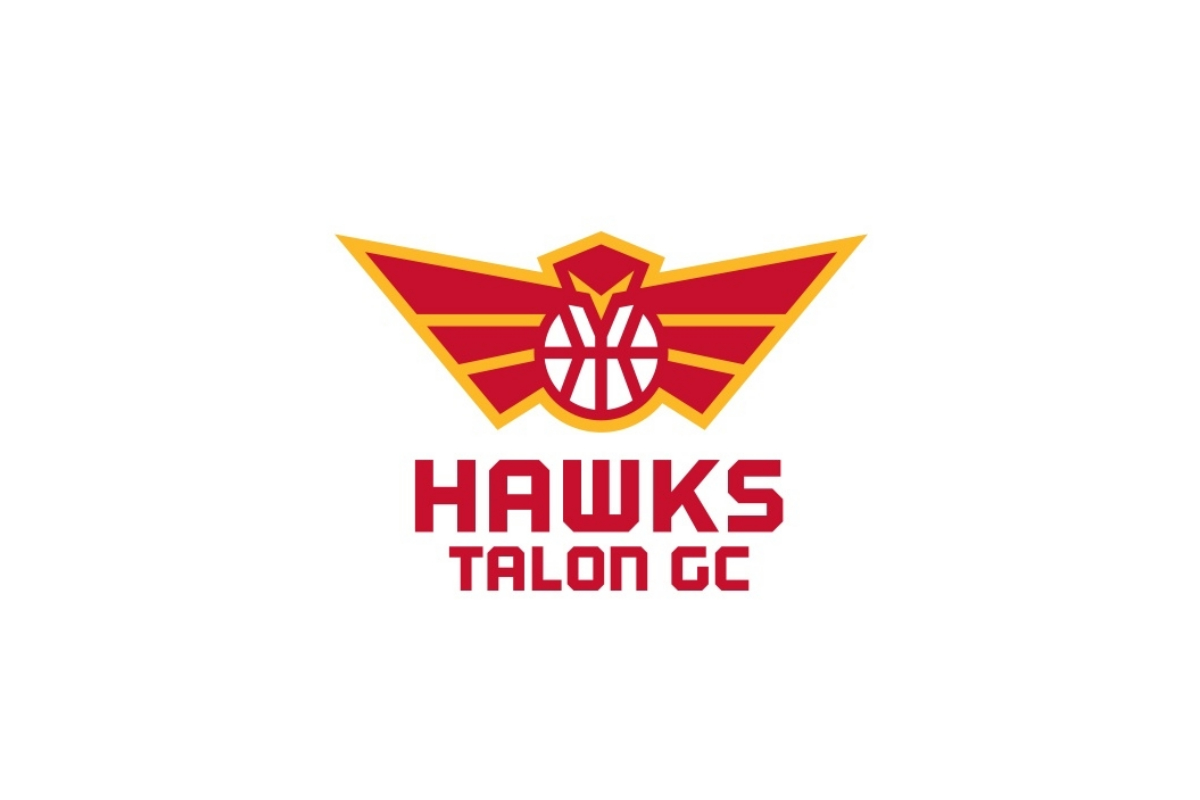
E-Sports Betting, Telemedicine, Augmented Reality and Cleantech & Carbon Credits…NEXT SUPER STOCKS on the move: CEOs of CloudMD, dynaCERT, NexTech AR and FansUnite Driving New Growth Opportunities
Wall Street Reporter, the trusted name in financial news since 1843, is highlighting CEO comments and latest news from companies recently presenting at its highly acclaimed NEXT SUPER STOCK livestream investor conferences, and investor “LiveChats”. More than 16,000 self-directed and institutional investors have participated in the NEXT SUPER STOCK livestreams in recent weeks.
FansUnite (OTC: FUNFF) (CSE: FANS) “Bringing E-Sports Betting to Multi-Billion Dollar US Markets” VIDEO: https://bit.ly/2HksfJ3
NexTech AR Solutions (OTC: NEXCF) (CSE: NTAR) CEO Evan Gappelberg: “Firing on all Cylinders – Positioned for Exponential Revenue Growth”
VIDEO: https://bit.ly/35ZOw9j
dynaCERT (TSX: DYA) (OTC: DYFSF) CEO Jim Payne: “Carbon Credit Billions”
VIDEO: https://bit.ly/2DZQfQz
CloudMD (OTC: DOCRF) (TSX.V: DOC): “The Future of Telemedicine”
VIDEO: https://bit.ly/3cu72YR
Highlights of CEO comments from latest NEXT SUPER STOCK livestreams and investor conferences:
FansUnite (OTC: FUNFF) (CSE: FANS) “Bringing E-Sports Betting to Multi-Billion Dollar US Markets”
FansUnite (OTC: FUNFF) (CSE: FANS) is a recent presenter at Wall Street Reporter’s “Next Super Stock” livestream investor events. FUNFF CEO Scott Burton and President Darius Eghdami, shared with investor audiences their goal for making FUNFF a major player in the multi-billion dollar global market for iGaming, Esports, and sports betting.
Watch FansUnite (OTC: FUNFF) NEXT SUPER STOCK livestream: https://bit.ly/2HksfJ3
E-Sports betting is an exploding global market, with millions of players now actively betting on games like: Counter-Strike, Dota 2, and League of Legends, Overwatch, Call of Duty, iRacing and others. FUNFF offers a complete iGaming platform “Chameleon Gaming Platform” which combines, sports, e-sports, and iGaming, geared to the next generation of online bettors and casino players – which enables pre-match betting, in-play betting, daily fantasy, content and a certified RNG to produce casino style chance games. FUNFF operates multiple B2C online gaming brands and also licenses B2B software for the online gambling industry. FUNFF is now rapidly expanding in international markets with its own esports/igaming products – as well as white label solutions which offer innovative new games for established online gaming operators.
Now, FUNFF is entering the U.S. market by offering E-Sports betting solutions to casino sportsbooks, in partnership with GameCo, a Las Vegas based pioneer in skill based iGaming products. E-sports betting is highly attractive for casino operators, as it brings in younger players – a key demographic casinos are depending on. GameCo has gaming licenses in about 25 jurisdictions including, New Jersey and Nevada, and this partnership agreement will give FUNFF early mover advantage in the U.S. E-sports &iGaming market. “E-sports is a key component to any traditional sportsbooks future betting offering. This partnership with GameCo is a significant inflection point for FansUnite and accelerates our plans to enter the US market by at least 6-12 months,” noted CEO Scott Burton.
Watch FansUnite (OTC: FUNFF) NEXT SUPER STOCK livestream: https://bit.ly/2HksfJ3
September 9 – FUNFF reports 412% increase in year-over-year gross Gaming Revenue, at its “McBookie” B2C platform which operates in Scotland.
August 22 – FUNFF announces online gaming pioneer James Keane, is joining its Board of Directors. James Keane is a pioneer in the online gaming space and was a key member of the ParadisePoker.com founding team in 2001. James helped grow Paradise into one of the top 3 poker sites in the world and oversaw its acquisition by Sportingbet.
Watch FansUnite (OTC: FUNFF) NEXT SUPER STOCK livestream: https://bit.ly/2HksfJ3
CLICK HERE TO JOIN Wall Street Reporter’s NEXT SUPER STOCK Livestream https://bit.ly/2PX0SpH
NexTech AR Solutions (OTC: NEXCF) (CSE: NTAR) CEO Evan Gappelberg: “Firing on all Cylinders – Positioned for Exponential Revenue Growth”
NEXCF just reported a record $900,000 in new bookings (first 3 weeks of September alone) for its InfernoAR video conferencing and virtual events platform for virtual trade shows, and meetings. (By comparison, the business was generating about $1 million annualized revenues at the time it was acquired by NEXCF – representing a 10X growth acceleration.)
In a recent presentation at Wall Street Reporter’s “Next Super Stock” livestream investor conference, CEO Evan Gappelberg and President Paul Duffy, shared with investors how NexTech, video conference and AR solutions are displacing the $150 billion tradeshow and meeting market. Up for grabs is the digital transformation of the global trade show market. According to Grandview Research the global virtual events market in 2020 is $90 billion and expected to reach more than $400 billion by 2027, growing at a 23% CAGR. With NexTech’s InfernoAR platform having augmented reality, AI, end-to-end encryption and built in language translation for 64 languages, NexTech is well positioned to rapidly take market share as the growth, and digital transformation accelerates globally.
Watch NEXT SUPER STOCK (OTC: NEXCF) Livestream: https://bit.ly/35ZOw9j
September 23 – NEXCF reports a record $900,000 in new bookings for video conferencing and virtual events platform InfernoAR for the period September 1st to September 22, with a broad spectrum of new deals, including: FenDigital, Soitec, Alamos Gold, Quartz as well as signing new deals with repeat customers like Bell Canada, Ryerson University, Carnegie Mellon University, Boehringer, and many more.
September 9 – NEXCF acquires fast-growing eCommerce SaaS platform Next Level Ninjas which matches brands and product testers on its VIP Product Testers site, helping brands gain marketplace momentum. The platform works across multiple eCommerce platforms including Amazon, eBay, Shopify, Walmart, Jet and Etsy.
August 25 – NEXCF reported record 290% revenue growth for Q2 2020, and a growing sales pipeline.
July 8 – NEXCF announced it has filed to up-list its shares to NASDAQ.
Watch NEXT SUPER STOCK (OTC: NEXCF) Livestream: https://bit.ly/35ZOw9j
CLICK HERE TO JOIN Wall Street Reporter’s NEXT SUPER STOCK Livestream: https://bit.ly/2PX0SpH
CloudMD (OTC: DOCRF) (TSX.V: DOC): “The Future of Telemedicine”
CloudMD (OTC: DOCRF) (TSX.V:DOC) CEO Dr. Essam Hamza, M.D. recently shared with Wall Street Reporter’s investor audiences how CloudMD is addressing a multi-billion dollar market opportunity by digitizing the delivery of healthcare, with a focus on “whole persons health” – providing patients access to all points of their care from their phone, tablet or desktop computer. In the September 23 LiveChat with Wall Street Reporter’s global investor audience, Dr. Hamza explained how CloudMD is now entering its next exciting growth phase, fueled by a recent capital raise.
Click here to watch DOCRF September 23 livestream: https://bit.ly/3cu72YR
September 22 – DOCRF closes C$20.79 Million Oversubscribed Bought Deal Financing. Offering was led by Canaccord Genuity and Beacon Securities
September 14 – DOCRF signs agreement to acquire iMD Health Global Corp. a revolutionary patient engagement software company with over 10,000 healthcare professionals and other users, and access to over 7.5 million patients.
August 31 – DOCRF reports 163% Year-Over-Year Q2 Results, Growth Driven by Telehealth and Acquisitions
August 13 – DOCRF is acquiring majority interest in West Mississauga Medical Clinic a comprehensive family medicine and specialist medical clinic serving over 100,000 patients, securing footprint in Ontario with cash flow positive clinic, with revenue of C$1.8 million in 2019.
August 6 – DOCRF continues US expansion with an acquisition of a chronic care medical clinic in Mississippi, as a part of its broader strategy for entering the U.S. market with its comprehensive suite of telehealth products. This clinic will, power a network of telehealth powered satellite clinics covering large areas of underserviced areas across the U.S.
Click here to watch DOCRF September 23 livestream: https://bit.ly/3cu72YR
CLICK HERE TO JOIN Wall Street Reporter’s NEXT SUPER STOCK Livestream https://bit.ly/2PX0SpH
dynaCERT (TSX: DYA) (OTC: DYFSF) CEO Jim Payne: “Carbon Credit Billions”
NEXT SUPER STOCK conference presenter dynaCERT (TSX: DYA) (OTC: DYFSF) CEO Jim Payne updated investors on the company’s progress in commercializing its CleanTech solution for the world’s 1 billion+ diesel engines. DYFSF breakthrough technology dramatically reduces carbon emissions, reduces fuel costs, and improves engine performance for the world’s transportation markets. Massive upside lays in potentially billions of dollars in carbon credits – as recurring revenue. Validating this progress, DYFSF has attracted significant investment from institutions, including C$14 million from legendary investor Eric Sprott.
Watch dynaCERT (OTC: DYFSF) NEXT SUPER STOCK Video: https://bit.ly/2DZQfQz
September 10 – dynaCERT will be equipping diesel powered vehicles in the City of Woodstock, Ontario, Canada with the company’s HydraGEN™ Technology to reduce Carbon Emissions and reduce fuel costs. As more cities turn to clean air and cost savings initiatives for the transport fleets, this represents a major opportunity for dynaCERT. In a September 10 LiveChat, dynaCERT CEO Jim Payne answered questions from Wall Street Reporter’s livestream investor audience, and was joined by Woodstock Ontario Mayor Trevor Birtch who explained why the city chose to deploy dynaCERT’s technology, and its expected benefits.
August 31 – DYFSF entered into agreement with Alltrucks GmbH to introduce and promote marketing, installation and servicing of dynaCERT’s HydraGEN™ product line through the established network of Alltrucks which is in 700 locations in 12 European countries. (Alltrucks is a joint venture of the leading automotive and commercial vehicle suppliers Bosch, Knorr-Bremse and ZF.)
August 20 – DYFSF announced signing a new Dealer Agreement with Sparta Group’s affiliate TruckSuite Canada Ltd. and received a purchase order for dynaCERT’s HydraGEN™ Technology products, the HG1 Units, suitable for long-haul trucks.
Watch dynaCERT (OTC: DYFSF) NEXT SUPER STOCK Video: https://bit.ly/2DZQfQz










